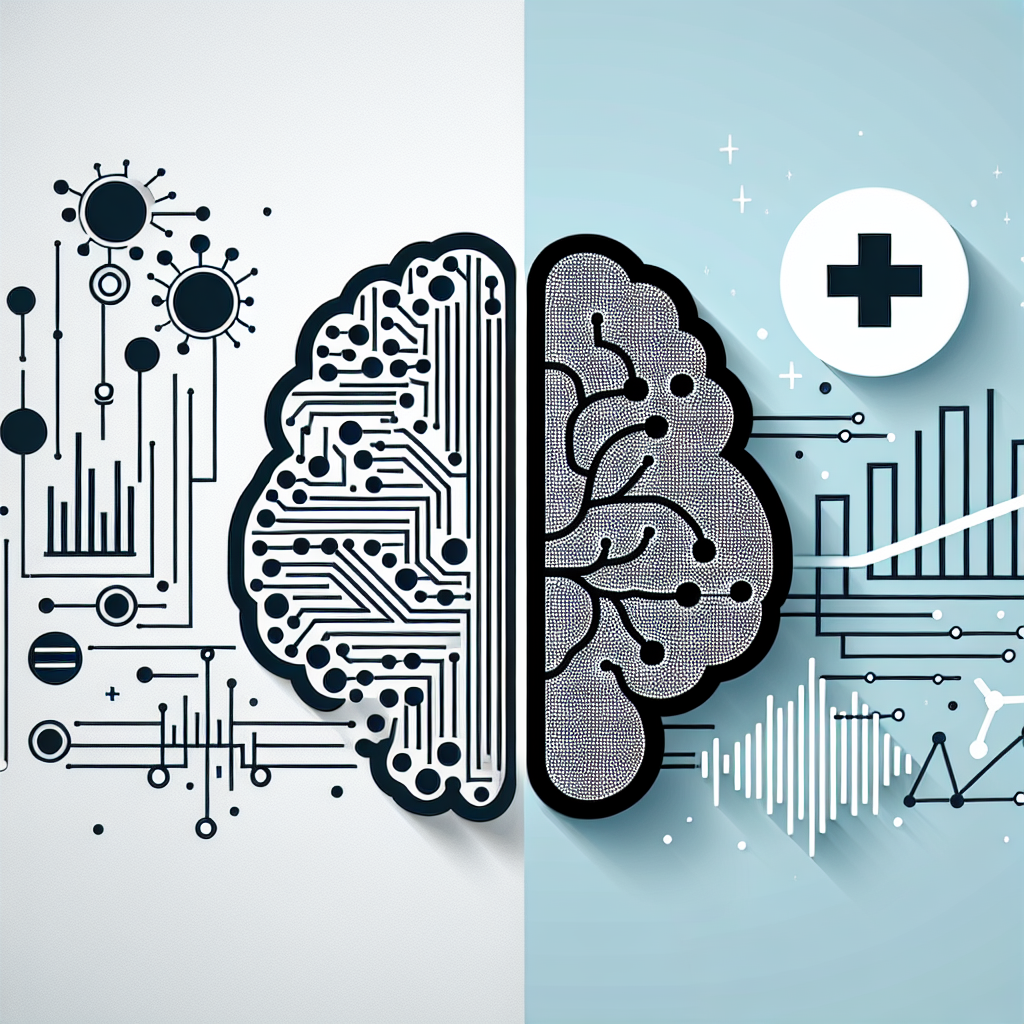Artificial Intelligence (AI) has revolutionized the way healthcare data is analyzed and interpreted, leading to significant advancements in the field of medicine. By utilizing AI algorithms, healthcare providers can now process vast amounts of data with incredible speed and accuracy, leading to improved patient outcomes and more efficient healthcare delivery.
One of the key benefits of using AI in healthcare data analysis is its ability to uncover patterns and insights that may not be immediately apparent to human analysts. By analyzing data from electronic health records, medical imaging, genetic testing, and other sources, AI algorithms can identify correlations between different variables and predict outcomes with a high degree of accuracy. This can help healthcare providers make more informed decisions about patient care, leading to better treatment outcomes and reduced costs.
AI algorithms can also be used to automate routine tasks, such as data entry and administrative processes, freeing up healthcare staff to focus on more complex and critical tasks. For example, AI-powered chatbots can be used to triage patients, schedule appointments, and provide basic medical advice, reducing the burden on healthcare providers and improving the patient experience.
In addition to improving patient care and efficiency, AI is also being used to advance medical research and drug development. By analyzing large datasets of patient information, AI algorithms can identify new drug targets, predict how patients will respond to different treatments, and design personalized treatment plans. This has the potential to revolutionize the way we treat diseases and develop new therapies, leading to better outcomes for patients.
Despite these numerous benefits, there are also challenges and concerns associated with the use of AI in healthcare data analysis. One of the main concerns is the potential for bias in AI algorithms, which can lead to inaccurate or discriminatory results. For example, if AI algorithms are trained on biased datasets, they may produce results that are skewed towards certain demographics or populations. This can have serious implications for patient care and may perpetuate existing disparities in healthcare.
Another challenge is the issue of data privacy and security. As healthcare providers collect and analyze increasingly large amounts of patient data, there is a risk that this information could be compromised or misused. It is essential for healthcare organizations to implement robust security measures and adhere to strict data protection regulations to ensure patient information is kept safe and confidential.
Despite these challenges, the potential benefits of using AI in healthcare data analysis are significant. By harnessing the power of AI algorithms, healthcare providers can improve patient care, streamline administrative processes, and advance medical research. As AI technology continues to evolve, we can expect to see even greater advancements in the field of healthcare data analysis, leading to improved outcomes for patients and a more efficient healthcare system.
FAQs:
Q: How is AI used in healthcare data analysis?
A: AI is used in healthcare data analysis to process large amounts of data from electronic health records, medical imaging, genetic testing, and other sources. AI algorithms can identify patterns and insights in the data, predict outcomes, automate routine tasks, and assist with medical research and drug development.
Q: What are the benefits of using AI in healthcare data analysis?
A: The benefits of using AI in healthcare data analysis include improved patient outcomes, more efficient healthcare delivery, better treatment decisions, reduced costs, and advancements in medical research and drug development.
Q: What are the challenges of using AI in healthcare data analysis?
A: Some of the challenges of using AI in healthcare data analysis include bias in AI algorithms, data privacy and security concerns, and the need for healthcare providers to adapt to new technologies and workflows.
Q: How can healthcare organizations address the challenges of using AI in healthcare data analysis?
A: Healthcare organizations can address the challenges of using AI in healthcare data analysis by ensuring AI algorithms are unbiased and transparent, implementing robust data privacy and security measures, and providing training and support for staff to adapt to new technologies and workflows.

